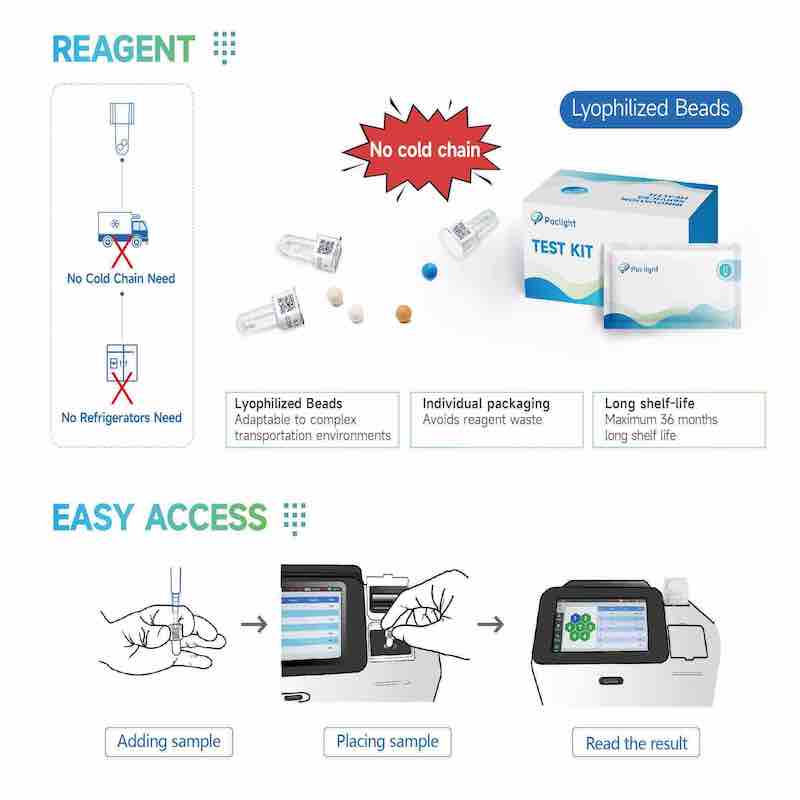Seminar —— Integrated management of cardiovascular disease
Major risk factors for cardiovascular disease
Hypertension: one of the main controllable risk factors, accounting for 50% of cardiovascular disease morbidity and 20% of deaths, but the awareness rate is only 46.9%, and the blood pressure control rate is even lower to 15.3%.
Dyslipidemia: Studies have shown that the awareness, treatment and control rates of dyslipidemia in ≥ 18-year-olds need to be improved.
Diabetes mellitus: It is an independent risk factor for cardiovascular disease, and once ASCVD occurs in diabetic patients, its lesions are diffuse and complex, and the prognosis is poor.
The role of biomarkers in cardiovascular risk assessment
cTn: cTnI and cTnT as key markers in the rapid diagnosis of acute myocardial infarction, and their sensitivity and specificity are higher than those of traditional CK-MB and myoglobin detection. With the improvement of the accuracy of the detection technology, very low concentrations of cTn can be detected in 50%~96% of asymptomatic individuals, which promotes its application in cardiovascular disease risk assessment in apparently healthy people. Studies have shown that individuals with higher cTn levels have a significantly increased risk of future cardiovascular events and death.
BNP and NT-proBNP: BNP and NT-proBNP are secreted by cardiomyocytes, where BNP is biologically active, helps in diuresis, dilates blood vessels, and inhibits the production of renin and aldosterone, while NT-proBNP is biologically inactive. These are key markers of heart failure and are often used to aid diagnosis, prognostic assessment, and treatment monitoring. Heart failure is the final stage of many cardiovascular diseases, and in the presence of risk factors such as hypertension, coronary heart disease, and diabetes mellitus, detection of BNP or NT-proBNP can help to identify and intervene in the predisposed population at an early stage. Several studies have shown that screening for BNP and NT-proBNP is effective in predicting the risk of heart failure.

Other heart-specific markers, such as cMyBP-C, MR-proADM, and hepeptin, have also been shown to be potentially associated with cardiovascular disease risk. However, the application of these markers has not yet been validated in large-scale clinical trials, and more clinical data are needed.
评论
发表评论